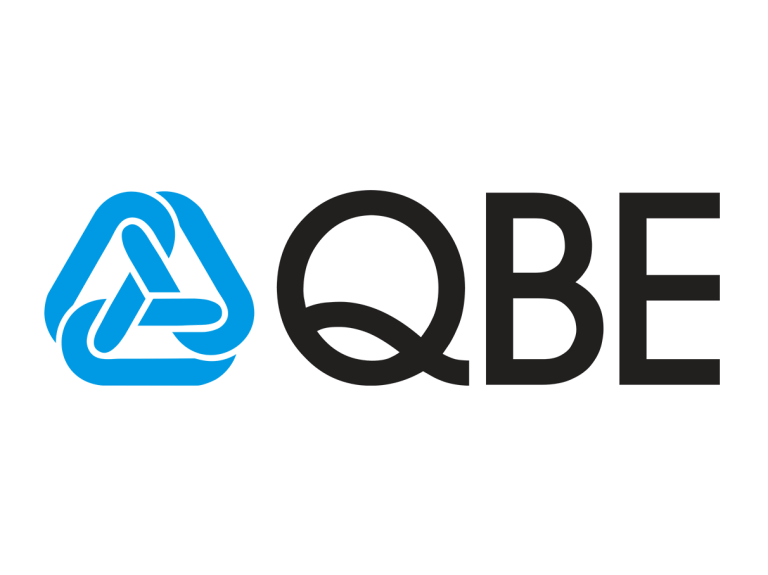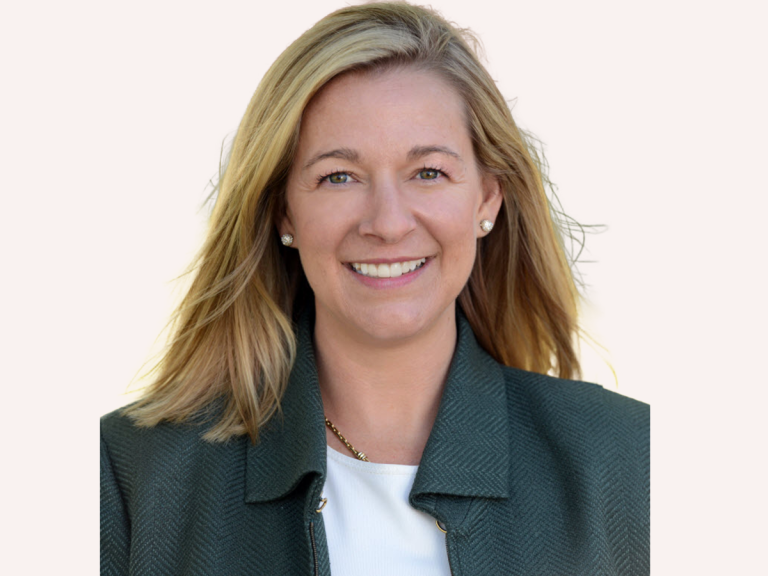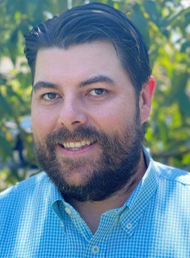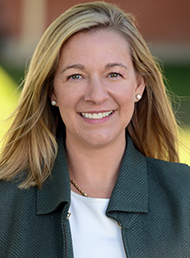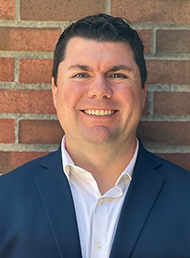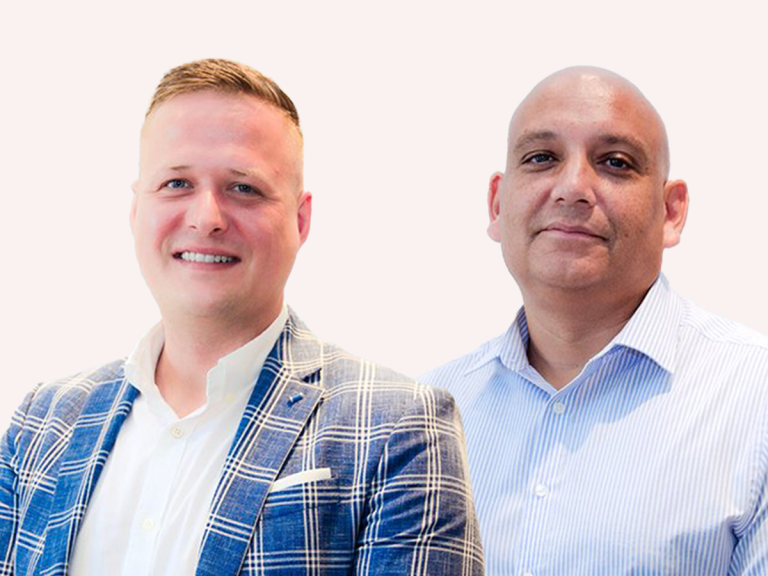Extra due diligence will be required from the captive market, as well as the insurance industry as whole, if it is to avoid a repeat of the Vesttoo fraud allegations.
Vesttoo is an insurtech that connects capital market participants with (re)insurance risk that has recently been embroiled in claims regarding fraudulent collateral.
Various press reports since late July 2023 have alleged claims of fraudulent letters of credit (LOCs) from a single non-US bank related to transactions that had been facilitated by Vesttoo.
Subscribe to the Captive Intelligence newsletter to receive our FREE twice weekly updates with links to news, analysis and podcasts.
LOCs are commonly used by captives to guarantee fronting programmes and the case has caught the attention of captive regulators, banks and fronting partners on both sides of the Atlantic.
Sandy Bigglestone, deputy commissioner for captive insurance at the Vermont Department of Financial Regulation, has been monitoring developments concerning Vesttoo and notified local captive managers on 26 July alerting them of “a critical risk involving the insurtech company, Vesttoo”.
In the communication, she requested companies to review all transactions to identify captive insurers that may be impacted within 30 days.
Bigglestone told Captive Intelligence there has been no reported exposure from the industry responses received to date.
“Along with our own searches and due diligence, we thought this could serve as an important communication for industry and assist everyone in identifying and assessing the potential repercussions to captive insurers domiciled in this State,” Bigglestone said.
“When issues of this nature arise, notifications of this sort typically work in the best interest of the captives we regulate.”
Bigglestone said the priority is to safeguard the stability and continuity of the captives regulated in Vermont.
“Therefore, information we gather related to the Vesttoo collateral concerns will assist us to make well-informed decisions should any captive insurers be impacted.”
AM Best has already stated it will review all its rated fronting carriers in light of the fraud claims.
“AM Best is monitoring the rapidly evolving situation and reviewing its rated fronting carriers and other insurers that have material amounts of reinsurance counterparty credit risk and reliance on various forms of collateral,” AM Best said.
“Based on this review, rating actions will be taken as warranted.”
Last month Vesttoo put out an updated statement that said: “Vesttoo is taking this matter very seriously. While there is still much that is unknown at this stage, the company is doing all it can to determine how and where the fraudulent LOCs originated.”
It has been reported a third party has been retained by Vesttoo’s board to investigate and that majority of Vesttoo’s top legal and financial executives have left the company following the alleged fraud.
The Vesttoo revelations followed the news in March that AM Best had revised its outlook for Trisura after the Canadian insurer had revealed a CAD81.5m one-time write-down of reinsurance recoverables in Q4 resulting from its fronting of a US property and casualty captive programme.
Kroll Bond Rating Agency (KBRA) said in a report that a key risk for fronting companies is the maintenance of the minimum operating company rating required by the market.
“In the ensuing aftermath of matters discussed above, some fronting companies have been subject to negative review actions,” the ratings agency said.
“Such rating actions may have implications for those carriers’ top line, both in terms of generating new business as well as maintaining existing business.”
Bigglestone said the Vesttoo situation will definitely have an impact on the Department’s approach to fronting and collateral in the future.
“I think we’re going to be a little bit more vigilant about assessing fronting and collateral.”
She said that the industry also needs to consider what else is out there, “that could be similar to Vesttoo”.
“It’s going to take a bit of extra due diligence, a bit of a different approach and asking better questions,” Bigglestone added.
KBRA said that one potential outcome of the Vesttoo matter could be management teams reassessing the type and extent of their usage of unrated and captive carriers.
Due diligence
There is expected to be increased scrutiny of fronting arrangements and collateral in the captive industry following the Vesttoo revelations.
Large multinational captive fronting partners already have stringent processes of due diligence for letters of credit, usually including a list of approved banks.
“We work with the clients and it’s a really important due diligence point for us when we’re looking at security and collateral for a captive,” one fronting expert, who asked not to be named, told Captive Intelligence.
“Everybody should know who’s putting up the letters of credit and what their wherewithal to support that is.”
Dan Duncan, captive specialist at Agile Premium Finance, told Captive Intelligence the noise around the Vesttoo case could prompt regulators, reinsurers and fronters to provide greater consideration to cash securities over letter of credits (LOCs).
“If you’re a regulator or if you’re a fronting company or if you’re reinsuring, there’s some kind of collateral or capital that’s required to be pledged,” Duncan said.
“They’re going to want to be able to verify it and the way that we set up most of our collateral finance deals is it’s just cash in a bank account. It’s pretty hard to cover that up or falsify that.
“So, I think maybe going forward, the manner in which we’re providing the collateral, which is cash, might be something that everyone’s really looking to see, rather than a letter of credit that could or could not be real.”




